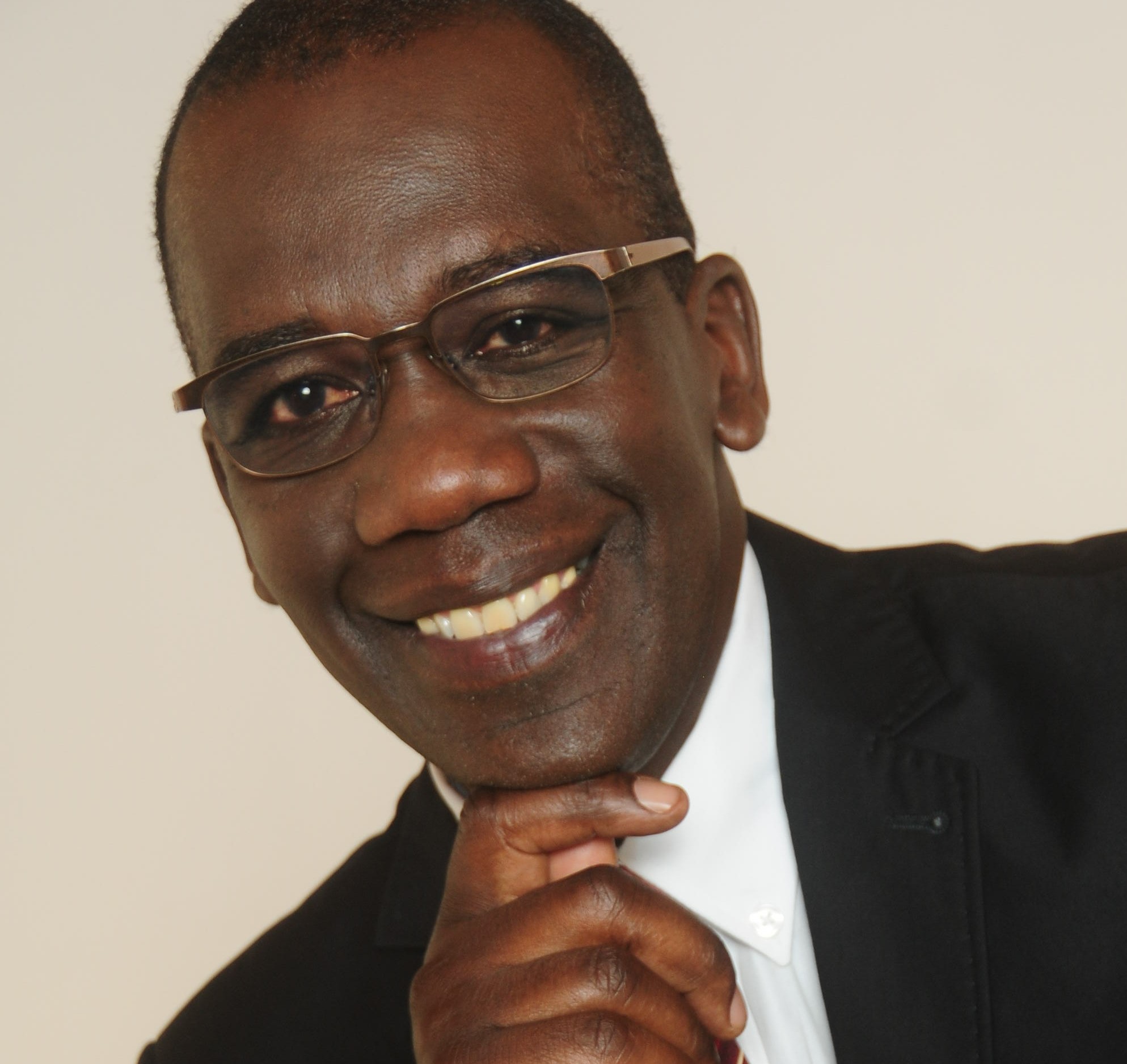Pete Ondeng is a seasoned economic development practitioner, author, thought leader and inspiring public speaker. He has led several local and international organizations in the private, public and non-profit sectors. Today, he draws on his broad experience to provide strategic advice to companies and non-profit organizations. He has advised corporate executives, policy makers, politicians and other leaders across a range of industries and sectors.
The phrase, “think globally, act locally” has been echoed around the world millions of times in recent years. This concept has traditionally been associated with the environment and sustainability, but it can be applied to food consumption, politics, the arts, and much more. In today’s increasingly globalized world, one area that perhaps has not been given sufficient consideration is in the realm of culture.
Many scholars, opinion leaders and analysts have expressed divergent views on the effects of globalization on individuals, nations and the world at large. There remains many unanswered questions on the place of culture in a globalized world.
In much of Africa, the intersect of local culture and the emerging global culture with its lofty standards, rules and expectations is, at best, a murky terrain. Numerous International investors, NGOs and development programs find themselves swimming upstream – sometimes for years – against cultural and ethical forces that seem to stand in the way of progress.
A Dutch social investor with whom I have been associated for 10 years recently made the following statement to me at a cocktail party in Nairobi. “Africa has so many opportunities, but it is going to remain behind if African people do not adapt to how the rest of the world does business.” We had been talking about his business, which had been struggling for years with “people” issues, including a remarkably high turnover of senior level employees.
I pressed him to explain what he meant, and he happily obliged. “I am not sure if many Kenyans really understand how people in the West think,” he said. “It is very difficult to find people with proper work ethics and dedication”.
I was impressed with his openness and somewhat amused by his typical Dutch bluntness. Our conversation lasted only about ten minutes, but it was intense, and it opened up a plethora of issues that we could not bring to closure.
On one hand, I could understand and even appreciate his frustration. He was right in that we do live in an increasingly globalized world – an integrated economic system where nations, organizations and individuals are expected to operate and interact with a set of shared global values and norms. With globalization, geographical distance and socio-cultural divergence are supposed to become less of a constraint to trade and investment.
On the other hand, however, I was left wondering what was the real problem underlying his struggles. Were his challenges emanating from the inability of his African business associates and employees to rise to a new level of thinking, or could it have been his own failure or unwillingness to adapt to a local cultural setting. The question that he didn’t quite answer was, how should we respond to the realities of culture? To what extent should Western business executives try to understand the African mind and ways of thinking in order to lay the foundation for good communication and improved business relations?
I tried to explain to him that the culture of a people is not something that can be easily dismissed. It is what defines how they think and is the filter through which they view the world. Their culture is who they are. Cultural beliefs, values and preferences are developed, shaped and practiced over many years and, while they do evolve over time, they cannot be turned on and off like a light switch.
In his provocative little book entitled Doing Business in Africa, Chudi Ukpabi, an African scholar, points out a number of factors that have influenced the submergence of the African’s identity and self-perception. Ukpabi points out, for example, that many Europeans are willing to study the Japanese, Chinese, Indian, and Indonesian languages and ways of life in order to communicate and do business in those societies. Yet the same Europeans generally are unwilling to do the same with regard to African society.
The author concludes that, because of existing power relations, the Africans are the ones pressured into adapting to Western thinking, its language, religion, rules of personal conduct, etc. The African is expected to change his traditional management culture, his organizational and decision-making skills in order to provide a business environment deemed acceptable by the international community.
There are obviously many other legitimate viewpoints that can only enrich this fascinating debate. To adapt or not to adapt – that is the question. It is also the fundamental choice that confronts both the African and the non-African seeking to find common ground in our rapidly changing and increasingly complex world.



